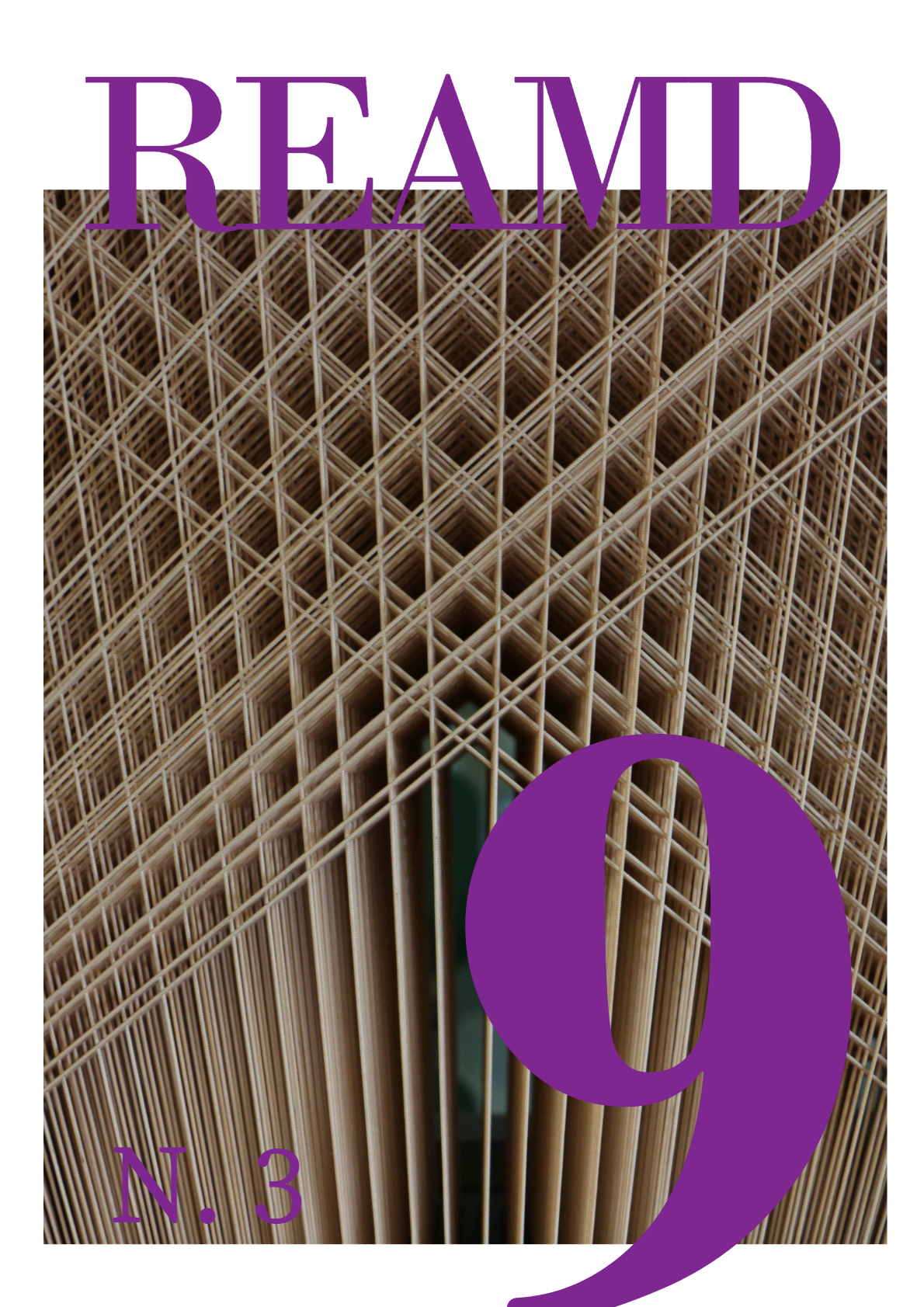Editorial Letter| Dossier 19: Methodology in Design, Engineering, Product Design, Textile Materials, and Education
DOI:
https://doi.org/10.5965/25944630932025e7947Keywords:
design theory and methodology, digital design methods, textile materials, textile product design engineeringAbstract
This Editorial Letter introduces Dossier 19: Methodology in Design, Engineering, Product Design, Textile Materials, and Education from the Revista de Ensino em Artes, Moda e Design, published in October 2025. In their text, the organizers – Lais Kohan, Ivis de Aguiar Souza, and Júlia Baruque-Ramos – contextualize the importance of transdisciplinary integration among Design, Engineering, Education, and Textile Materials for solving complex problems in contemporary society.
The dossier is organized into four main sections, which highlight a coordinated reflection on: 1. Design Theory and Methodology – serving as the foundation for understanding and organizing creative and design processes to guide both practice and teaching; 2. Design Education – which translates these methodologies into transdisciplinary teaching and learning methods to develop critical professionals capable of navigating complex contexts; 3. Digital Design Methods – which act as empowering tools through the introduction of technologies such as AI, 3D modelling, and additive manufacturing; 4. Textile Materials and Textile Product Design Engineering – where the integration of design, engineering, and sustainability materializes in the development of innovative textile products, ranging from biodegradable materials to structures for healthcare and fashion applications. Together, these axes demonstrate how contemporary design articulates knowledge, technology, education, and materiality to address the socio-environmental and technological challenges of our time.
Downloads
References
FAN, S.-C.; YU, K.-C.; LIN, K.-Y. A Framework for Implementing an Engineering-Focused STEM Curriculum. International Journal of Science and Mathematics Education, v. 19, n. 8, p. 1523–1541, 2021.
FLUSSER, V. O mundo codificado: por uma filosofia do design e da comunicação. São Paulo: Cosac Naify, 2007.
MOREIRA, S.; MARQUES, A. D. The Role of Project-Based Learning in Developing Sustainable Fashion Solutions: Insights from the Eco-Design Challenge PAEE, jun. 2025. Disponível em: <https://doi.org/10.5281/zenodo.15916849>
SIMON, H. A. The Sciences of the Artificial. 3. ed. Cambridge, Massachusetts - England: Massachusetts Institute of Technology - MIT Press, 1916.
Downloads
Published
How to Cite
Issue
Section
License
Copyright (c) 2025 Lais Kohan, Ivis Aguiar Souza, Júlia Baruque-Ramos

This work is licensed under a Creative Commons Attribution 4.0 International License.
- Authors retain copyright and grant the journal the right of first publication, with work simultaneously licensed under the Creative Commons Attribution 4.0 International License, which allows for:
1. Share — copy and redistribute the material in any medium or format for any purpose, even commercially.
2. Adapt — remix, transform, and build upon the material for any purpose, even commercially.
The licensor cannot revoke these freedoms as long as you follow the license terms.Under the following terms:
1. Attribution — You must give appropriate credit, provide a link to the license, and indicate if changes were made. You may do so in any reasonable manner, but not in any way that suggests the licensor endorses you or your use.
2. No additional restrictions — You may not apply legal terms or technological measures that legally restrict others from doing anything the license permits. -
Plagiarism, in all its forms, constitutes unethical publication behavior and is unacceptable. This magazine uses iThenticate similarity control software.






